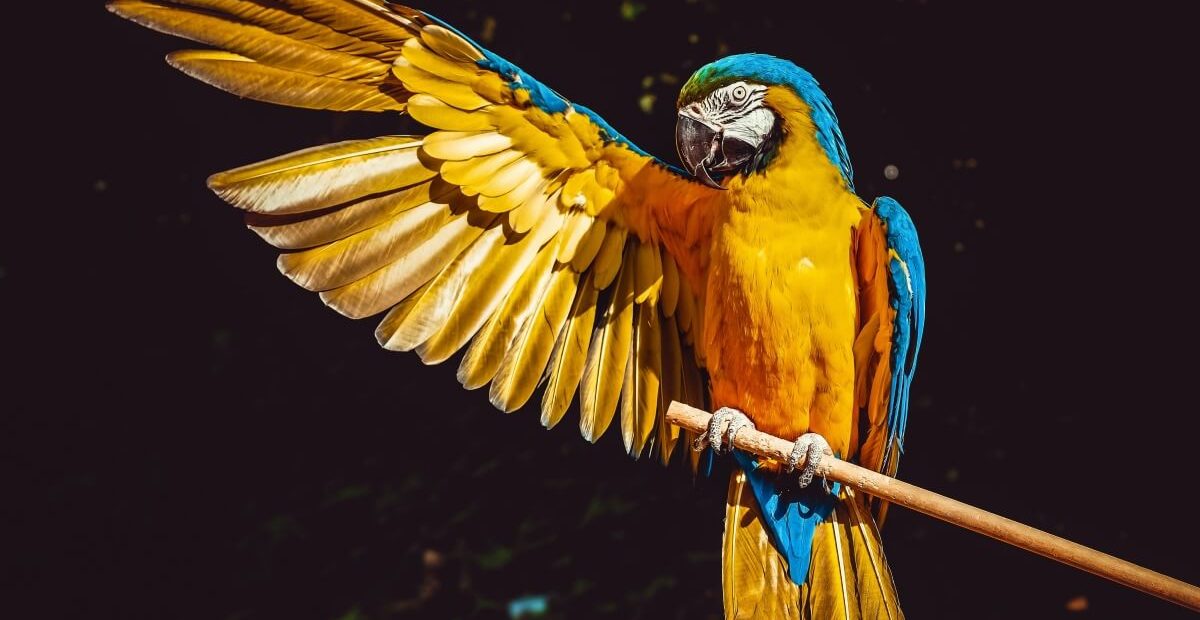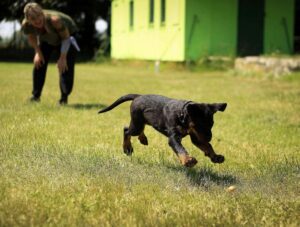Owners of pet birds frequently lament that their birds are not amicable enough for their tastes. When this occurs, the issue usually lies with the owner rather than the bird.
Fortunately, there are several things you can do to help you and your bird communicate effectively.
Find some quick solutions using these suggestions to persuade your bird to be a little friendlier with you (and the rest of your family).
You’ll probably start to notice a meaningful change in how your feathered buddy chooses to engage with you with time and practice.
The advice doesn’t take much time, but it does demand consistency from you and every other person.
01 Visit the veterinarian for a checkup
Although it may seem unconnected to the goal of making your antisocial bird more sociable, unresolved health problems might affect your bird’s attitude.
Most people—including most birds—don’t behave the best when they’re not feeling well.
Making sure no medical problems are preventing you from improving your bond with your feathered companion can be accomplished by taking your bird for a checkup with your avian veterinarian.
When your bird has been given the all-clear, you can concentrate on making it friendlier.
02 Teach Your Bird to Do This
Even a small bird skill you teach your pet can improve your image significantly in the eyes of the bird. Spending extra time with your bird is crucial to the bonding process because training sessions take time. Additionally, working together to accomplish a goal and then celebrating it may greatly enhance your relationship with a bird. Waving hello is a good place to start. Once you master that technique, move on to more difficult ones.
03 every day, handle your bird.
Owners of birds must set aside time each day to care for their pets. When you handle your bird, you must spend individualized, one-on-one time with your pet, which forces you two to communicate more deeply. Adding more handling time to a bird’s schedule is typically all that is necessary to improve behavior if it isn’t.
04 Share Meal with Your Bird
Birds are no exception to the rule that the road to most creatures’ hearts is through their stomachs. Try some good old-fashioned bribery and prepare a supper of fresh fruits and vegetables for your pet bird if you’re having problems communicating with it. Sharing food among birds in a flock is customary and natural. Your bird may begin to view you as a family member after you share a meal. Just remember to avoid giving your feathered companion any food that could poison it.
05 Make Certain Your Bird Has Lots of Playthings
Boredom and lack of stimulation are likely to make birds dejected and, in some situations, disruptive. Being with other people won’t be fun for a bored or melancholy bird. Make sure your bird has access to lots of safe and entertaining bird toys if you are experiencing concerns with its behavior. After you’ve packed your bird’s supply with toys, rotate them frequently out of the cage to prevent boredom in your pet from playing with the same items for too long. You might be shocked by how quickly some new toys can improve a bird’s disposition.
06 Problems and Proofing Practice/ Behavior
Expecting a fast response is unrealistic. Your bird won’t grow more sociable, sociable, happy, or stimulated overnight, but with consistent human behavior, a clean bill of health, and hard work, you may probably expect results. Additionally, you’ll need to keep up your adjustments after your bird exhibits improvement to maintain its friendly and social behavior.




